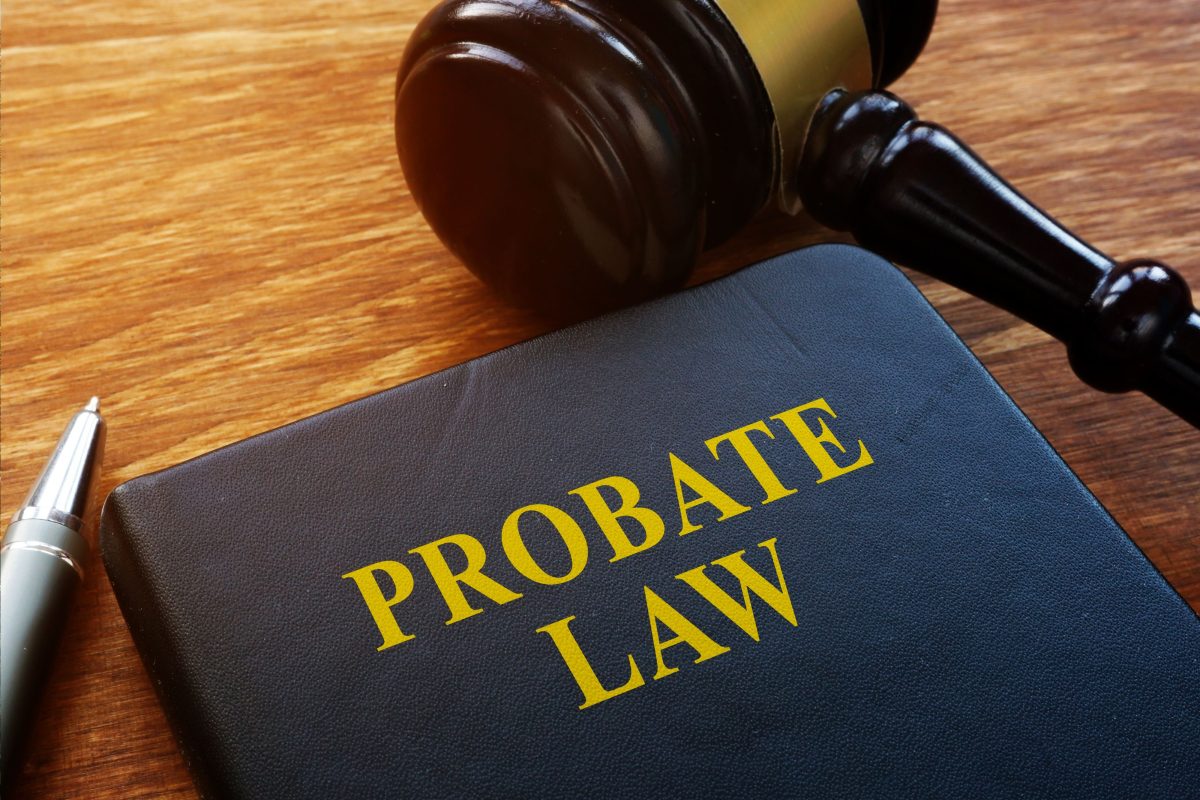No Will? Understanding How Colorado Intestate Laws Distribute Assets
When someone passes away without a will in Colorado, their assets are distributed according to the state’s intestate succession laws. These laws determine who inherits property and in what proportion. While intestate laws provide a legal fallback, they may not align with your personal wishes, leading to stress, confusion, and potential family disputes. This guide explains how intestate succession works in Colorado, the special circumstances to consider, and why estate planning is essential to avoid these complications.
How Intestate Succession Works in Colorado
Intestate succession in Colorado follows a clear hierarchy based on family relationships:
- Surviving Spouse and Children:
- If the deceased leaves a surviving spouse and children, the estate is typically divided between them.
- If the children are from a previous relationship, the surviving spouse’s share may be reduced.
- Example: The spouse may receive a fixed amount (e.g., the first $300,000) and a portion of the remaining assets, while the rest is divided equally among the children.
- No Spouse or Children:
- If no spouse or children exist, the estate is distributed to the deceased’s closest relatives:
Parents inherit the estate if they are alive. - If parents are deceased, the estate passes to siblings in equal shares.
- If siblings have passed away, their children (the deceased’s nieces or nephews) inherit the estate.
- If no spouse or children exist, the estate is distributed to the deceased’s closest relatives:
- No Living Relatives:
- If no relatives can be located, the estate becomes subject to escheatment, where the assets revert to the state of Colorado. This is a last resort when no legal heirs exist.
- If no relatives can be located, the estate becomes subject to escheatment, where the assets revert to the state of Colorado. This is a last resort when no legal heirs exist.
Special Circumstances to Consider
- Adopted Children:
- Legally adopted children have the same inheritance rights as biological children under Colorado law.
- Stepchildren:
- Stepchildren are not automatically included in intestate succession unless they have been legally adopted. This can create challenges in blended families, underscoring the importance of a will.
- Unmarried Partners:
- Colorado intestate laws do not recognize unmarried partners, regardless of the relationship’s length. Without an estate plan, assets will pass to blood relatives instead.
- Half-Siblings:
- Half-siblings inherit as full siblings under Colorado intestate succession laws, ensuring they are treated equally in inheritance.
- Half-siblings inherit as full siblings under Colorado intestate succession laws, ensuring they are treated equally in inheritance.
Why Intestate Succession Can Be Problematic
While intestate laws offer a legal framework, they may not reflect your personal intentions. Key issues include:
- Delayed Distribution: Probate for intestate estates often takes longer due to legal formalities and family disputes.
- Increased Costs: Without a clear plan, legal and court fees can significantly reduce the estate’s value.
- Family Disputes: Rigid intestate laws may lead to disagreements, particularly in blended families or complex relationships.
How Estate Planning Can Help
Proper estate planning allows you to control how your assets are distributed and prevent the challenges of intestate succession. Key benefits include:
- Customizing Your Plan: Decide who inherits your property, including stepchildren, unmarried partners, or charities.
- Avoiding Delays: Streamline the probate process with a clear will or trust.
- Reducing Legal Costs: Minimize court involvement and legal fees.
- Protecting Family Relationships: Prevent disputes by providing clear instructions for asset distribution.
Intestate succession laws in Colorado serve as a safety net when someone passes away without a will. However, they often fail to reflect individual wishes and can create stress, delays, and legal complications for families. By taking proactive steps—such as creating a will, establishing trusts, or updating beneficiary designations—you can protect your loved ones and ensure your assets are distributed according to your preferences.
For personalized guidance on estate planning, consult an experienced Colorado probate attorney or contact us at Colorado Estate Services to secure your legacy and bring peace of mind to your family.










